Jane Goodall – The Conservationist Legend
A sad loss in 2025
Early Life and Unconventional Beginnings
Jane Goodall was born in London in 1934 and raised in Bournemouth, where her fascination with animals began early. Inspired by books like Tarzan, she dreamed of exploring Africa and studying wildlife. Without access to university, she pursued secretarial training and saved money for travel. In 1957, she arrived in Kenya and met anthropologist Louis Leakey, who recognized her observational talent. Leakey hired her as a secretary and later sent her to study chimpanzees in Tanzania.
Despite lacking formal scientific credentials, Goodall’s intuitive approach proved groundbreaking. She began her fieldwork in Gombe Stream National Park in 1960. There, she lived among chimpanzees and gradually gained their trust. Her decision to name the chimps and observe them as individuals was unconventional but effective. This immersive style led to discoveries that would reshape science. Her early journey demonstrated that passion and persistence could overcome institutional barriers and redefine scientific norms.
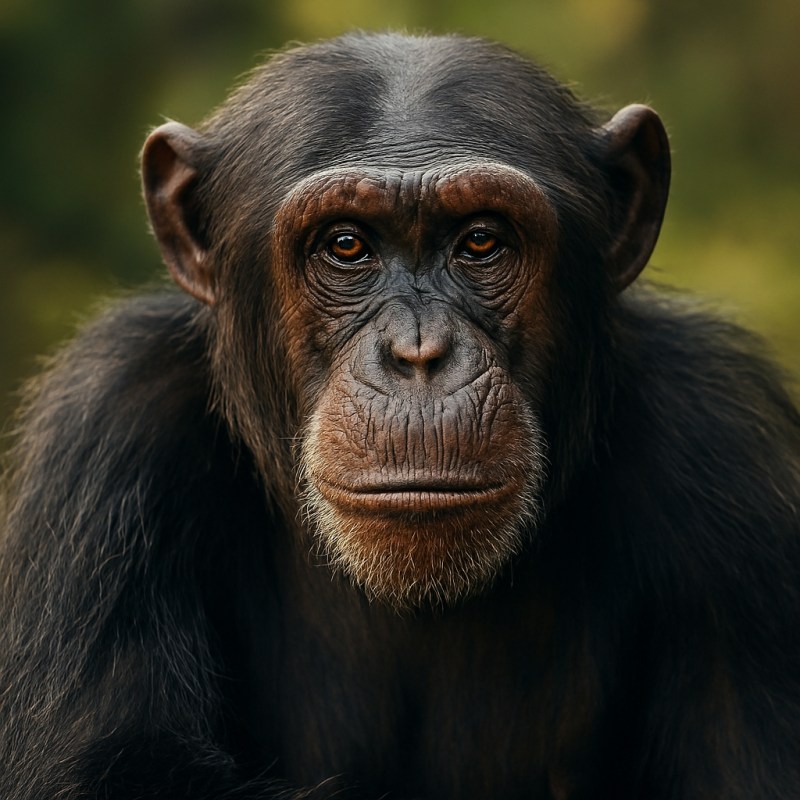
The Gombe Breakthroughs
In Gombe, Goodall made discoveries that challenged long-held beliefs about human uniqueness. She observed chimpanzees using modified twigs to fish for termites, a behavior previously thought exclusive to humans. This finding, published in Nature in 1964, sparked global debate. She documented chimpanzees hunting and eating meat, revealing their complex dietary habits. Her notes detailed intricate social structures, emotional bonds, and even intergroup conflict.
Naming individuals like David Greybeard and Goliath helped humanize her subjects and deepen understanding. She recorded maternal care, grief, and reconciliation behaviors, showing emotional depth in chimpanzee communities. These observations blurred the line between human and animal behavior. Her work laid the foundation for modern ethology. It also contributed to ethical discussions about animal consciousness. The Gombe research remains a cornerstone of primatology and continues to influence scientific and philosophical thought.
Redefining Scientific Norms
Goodall’s research methods defied convention and reshaped scientific practice. She rejected the standard of numbering animals, choosing instead to name them and recognize their personalities. Critics initially dismissed this approach as unscientific, but it revealed behavioral nuances that traditional methods missed. Her immersive style allowed her to witness rare and complex behaviors, including toolmaking and social rituals. She emphasized empathy and intuition in fieldwork, arguing that emotional detachment could hinder understanding.
Goodall’s work helped shift science toward a more holistic view of animal behavior. Her findings supported the idea that animals possess emotions, intelligence, and social complexity. She advocated for long-term observation over short-term data collection. This influenced research design across disciplines. Her success challenged gender norms in science and inspired more women to enter the field. Goodall’s legacy includes not only discoveries but a transformation in how science is conducted and understood.

Jane Goodall Institute
Founding the Jane Goodall Institute
In 1977, Goodall founded the Jane Goodall Institute to support research and conservation efforts. Initially focused on Gombe, the Institute quickly expanded its mission to include global advocacy. It now operates in over 100 countries, promoting habitat protection, community engagement, and ethical research. The organization funds sanctuaries, education programs, and sustainable development initiatives.
It supports local communities through reforestation, clean water access, and alternative livelihoods. The Institute also trains future scientists and conservationists, emphasizing empathy and ecological awareness. Goodall’s vision was to create a network that combined science, education, and activism. The Institute’s work reflects her belief that conservation must be community-driven and inclusive. It continues to evolve, adapting to new challenges while staying rooted in Goodall’s principles. The organization remains a powerful force in global conservation and education.
Roots and Shoots Youth Movement
In 1991, Goodall launched the Roots and Shoots program to empower young people to take action for animals, people, and the environment. The initiative began with 12 Tanzanian students and has grown into a global movement with hundreds of thousands of participants. It encourages youth-led projects that address local challenges through compassion and collaboration.
The program emphasizes interconnectedness and the power of individual action. Students plant trees, clean rivers, support refugees, and advocate for animal welfare. Roots and Shoots operates in over 60 countries and continues to expand. It provides mentorship, resources, and a platform for youth voices. Goodall believes that young people are the key to a better future. Her message is simple: every individual matters and every action counts. The movement reflects her lifelong commitment to hope and empowerment. It remains one of her most enduring contributions to global change.
Global Advocacy and Public Speaking
Jane Goodall’s influence expanded far beyond the forests of Gombe. By the 1980s, she had shifted from field research to global advocacy, using her platform to speak on behalf of animals and ecosystems. She addressed audiences at the United Nations, World Economic Forum, and countless universities. Her speeches emphasized the interconnectedness of all life and the urgent need for environmental stewardship.
Goodall’s calm yet passionate delivery made her a compelling voice in conservation. She spoke not only about chimpanzees but also about climate change, deforestation, and biodiversity loss. Her message was consistent: human choices shape the future of the planet. She urged governments to adopt sustainable policies and encouraged individuals to make ethical decisions. Her advocacy was grounded in science but infused with moral clarity. Through public speaking, she reached millions and inspired action across generations. Her voice became synonymous with hope, resilience, and ecological responsibility.
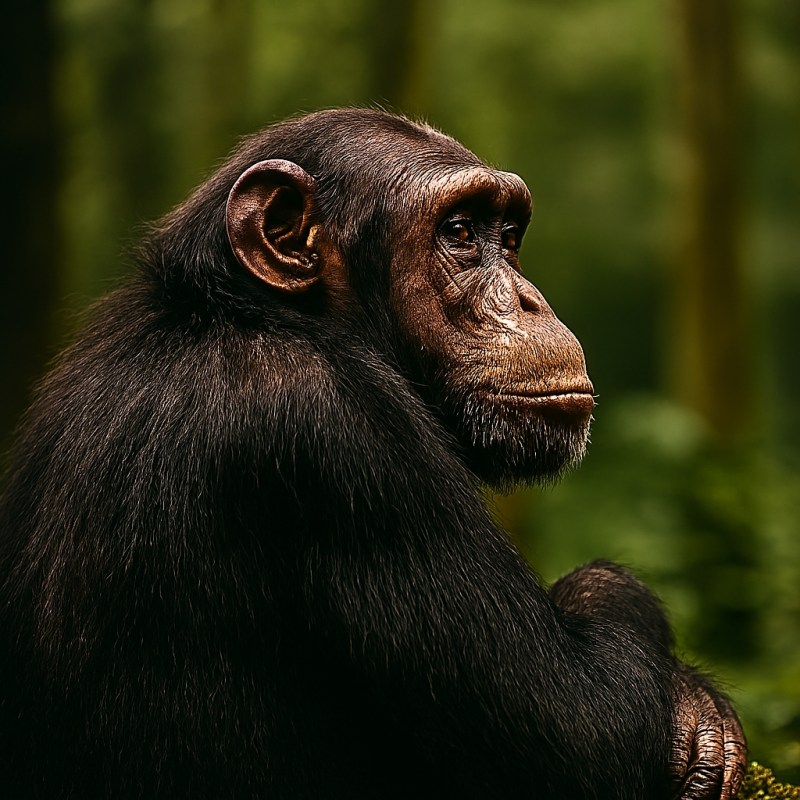
Scientific Contributions and Legacy
Goodall’s scientific contributions reshaped the study of animal behavior. Her documentation of tool use among chimpanzees challenged the definition of humanity itself. She revealed that chimpanzees form complex social bonds, experience emotions, and engage in strategic cooperation. These findings influenced fields ranging from anthropology to psychology. Her work prompted a reevaluation of ethical standards in animal research.
Universities and institutions began adopting more humane protocols in response to her findings. Goodall’s emphasis on long-term observation became a model for field studies worldwide. She published over 25 books and hundreds of scientific papers, each contributing to a deeper understanding of primates. Her legacy includes not only discoveries but also a shift in how science views non-human intelligence. She helped dismantle the hierarchy that placed humans above all other species. Today, her research continues to inform conservation strategies and ethical debates in biology and beyond.
Conservation in Africa and Beyond
Goodall’s conservation efforts began in Tanzania but quickly expanded across continents. She worked with local communities to protect forests and wildlife habitats. Her approach emphasized collaboration rather than imposition. She believed that conservation must benefit both nature and people to be sustainable. In the Congo Basin, she supported anti-poaching initiatives and reforestation projects. In Uganda and Rwanda, she helped establish sanctuaries for orphaned chimpanzees. Her work in Africa laid the groundwork for global conservation models. She advocated for indigenous knowledge and community-led stewardship.
The Jane Goodall Institute partnered with governments and NGOs to implement science-based conservation plans. These efforts helped stabilize chimpanzee populations and restore degraded ecosystems. Goodall’s model of inclusive conservation is now used in dozens of countries. Her work demonstrated that protecting biodiversity requires empathy, education, and economic alternatives. She remains a guiding figure in the global movement to preserve life on Earth.
Ethical Leadership and Animal Rights
Jane Goodall’s research led her to become a vocal advocate for animal rights. She argued that animals are sentient beings deserving of respect and protection. Her findings on chimpanzee emotions and cognition supported this stance. She campaigned against the use of primates in laboratory experiments and entertainment. Goodall worked with lawmakers to improve animal welfare legislation. She supported bans on animal testing and promoted alternatives in biomedical research.
Her ethical leadership influenced organizations like PETA and the Humane Society. She also addressed the treatment of animals in agriculture, urging reforms in factory farming. Goodall’s philosophy was rooted in compassion and scientific evidence. She believed that ethical treatment of animals was essential to human dignity. Her advocacy helped shift public attitudes and policy frameworks. Today, many animal rights movements cite her work as foundational. Her voice continues to shape debates on ethics, science, and the moral obligations of humanity.
Education and Outreach
Jane Goodall believed that education was the key to lasting change. She dedicated much of her career to teaching people about the natural world and their role in protecting it. Her lectures reached students of all ages, from primary schools to graduate programs. She emphasized experiential learning, encouraging young people to observe nature directly. Goodall authored children’s books that introduced ecological themes in accessible language.
She also developed curricula that integrated science, ethics, and environmental stewardship. Her outreach extended to underserved communities, ensuring that conservation was inclusive and equitable. She partnered with educators to create programs that fostered empathy and curiosity. Goodall’s educational philosophy was rooted in respect for all living beings. She believed that informed citizens were more likely to make sustainable choices. Her work helped embed environmental education into national school systems. Today, her influence is visible in classrooms around the world.

Media and Cultural Impact
Goodall’s story captivated the public and became a cultural touchstone. Documentaries like “Jane” and “The Hope” brought her work to global audiences. She appeared on television programs, podcasts, and magazine covers, becoming a household name. Her life inspired novels, films, and art installations that celebrated her legacy. Goodall’s gentle demeanor and unwavering commitment made her a symbol of integrity. She used media strategically to amplify her message without compromising scientific accuracy. Her interviews often blended storytelling with data, making complex issues relatable.
She collaborated with filmmakers to produce educational content that reached millions. Her presence in popular culture helped normalize discussions about animal rights and conservation. Goodall’s impact extended beyond science into the realms of ethics, art, and public discourse. She showed that media could be a powerful tool for advocacy. Her cultural resonance continues to inspire creators and audiences alike.
Honors and Recognition
Jane Goodall’s contributions have been recognized with numerous awards and honors. She was named a United Nations Messenger of Peace in 2002, reflecting her global influence. She received the Kyoto Prize, the Templeton Prize, and the Benjamin Franklin Medal for her scientific and humanitarian work. Universities around the world awarded her honorary degrees, acknowledging her impact on education and research. She was appointed Dame Commander of the Order of the British Empire in 2003. Her name appears on buildings, scholarships, and conservation centers.
These honors reflect not only her achievements but also the values she represents. Goodall’s recognition spans disciplines, from biology to ethics to peacebuilding. Her awards often come with platforms that she uses to further her mission. She remains humble, often redirecting praise to her team and collaborators. Her legacy is institutional as well as personal. The honors she has received help sustain her work and inspire future generations.
Jane Goodall – Achievements That Changed the World
- Conducted the longest continuous field study of any wild animal species, beginning in 1960 at Gombe Stream National Park, Tanzania, and continuing for over six decades.
- Discovered that chimpanzees use tools—specifically modifying twigs to fish for termites—overturning the scientific belief that tool use was exclusive to humans.
- Documented complex social behaviors in chimpanzees, including cooperation, conflict resolution, mourning, and maternal bonding, reshaping our understanding of animal cognition and emotion.
- Founded the Jane Goodall Institute in 1977, which now operates in over 100 countries, supporting conservation, research, education, and community-led environmental initiatives.
- Created the Roots & Shoots youth program in 1991, empowering young people in more than 60 countries to lead projects focused on animals, people, and the environment.
- Advocated for ethical treatment of animals in research, entertainment, and agriculture, influencing global policy and public awareness around animal rights.
- Served as a United Nations Messenger of Peace since 2002, using her platform to promote sustainability, compassion, and ecological responsibility.
- Received more than 50 honorary degrees and numerous awards, including the Templeton Prize, Kyoto Prize, and Dame Commander of the Order of the British Empire.
- Played a key role in shaping conservation policy across Africa, supporting the creation of wildlife corridors, protected areas, and community-managed forest reserves.
- Published over 25 books, including scientific texts, memoirs, and children’s literature, making her work accessible across generations and disciplines.
- Helped redefine the boundaries of scientific observation by integrating empathy, narrative, and long-term immersion into field research.
- Collaborated with indigenous communities to integrate traditional ecological knowledge into conservation strategies, promoting cultural preservation alongside biodiversity.
- Influenced global climate discourse by linking deforestation, habitat loss, and consumer behavior to planetary health and resilience.
- Supported the development of sanctuaries and rehabilitation centers for orphaned and rescued chimpanzees, ensuring ethical care and lifelong protection.
- Continues to travel and speak globally, often over 300 days a year, advocating for hope, action, and the power of individual responsibility in shaping a sustainable future.
Influence on Environmental Policy
Goodall’s advocacy has shaped environmental policy at national and international levels. She advised governments on wildlife protection, forest conservation, and climate resilience. Her testimony before legislative bodies emphasized the urgency of ecological action. She worked with the United Nations to develop frameworks for sustainable development. Her influence helped establish protected areas and wildlife corridors in Africa and beyond. Goodall supported the Convention on Biological Diversity and other global agreements. She emphasized the role of indigenous communities in conservation planning. Her policy work was grounded in science but guided by ethical principles.
She encouraged transparency, accountability, and community engagement in environmental governance. Her efforts contributed to the integration of ecological concerns into economic planning. Goodall’s influence helped shift policy from exploitation to stewardship. Her voice remains a respected presence in environmental diplomacy. She continues to advocate for laws that protect both nature and human dignity.

Personal Philosophy and Resilience
Jane Goodall’s personal philosophy centers on hope, compassion, and perseverance. Her resilience was forged through decades of fieldwork, advocacy, and public scrutiny. She faced criticism, isolation, and logistical challenges but remained committed to her mission.
Goodall often speaks about the importance of inner peace and connection to nature. She practices mindfulness and draws strength from the natural world. Her philosophy integrates science with spirituality, emphasizing balance and purpose. She encourages people to act with kindness and courage, even in the face of adversity. Her optimism is not naive but rooted in experience and observation. She sees potential in youth, communities, and collaborative action. Goodall’s personal journey is a testament to the power of conviction. Her resilience continues to inspire those working for justice, sustainability, and healing.
Global Influence on Youth and Future Generations
Jane Goodall’s work continues to shape the values and aspirations of young people around the world. Through her Roots and Shoots program, she has empowered millions to take action in their communities. Her message of hope and responsibility resonates across cultures and age groups. She encourages youth to think critically, act compassionately, and stay connected to nature.
Schools, universities, and youth organizations have adopted her principles into their curricula. Goodall’s influence is evident in the rise of youth-led climate movements and conservation initiatives. She often says that young people are her greatest source of optimism. Her mentorship has helped cultivate a new generation of scientists, activists, and educators. These individuals carry forward her legacy with innovation and integrity. Goodall’s impact on youth is not just educational—it is transformational. She has helped redefine what it means to be a responsible global citizen.
Intersection with Climate Change
Goodall’s advocacy intersects deeply with the global climate crisis. She emphasizes the role of deforestation, industrial agriculture, and consumer habits in accelerating climate change. Her work in forest conservation directly contributes to carbon sequestration and biodiversity protection. She speaks at climate summits, urging leaders to prioritize ecological balance over short-term gains. Goodall highlights the connection between human well-being and planetary health. She supports regenerative agriculture, renewable energy, and sustainable development.
Her Institute promotes reforestation and habitat restoration as climate solutions. She also addresses climate justice, advocating for vulnerable communities affected by environmental degradation. Goodall’s voice adds moral weight to scientific discussions on climate. Her approach is holistic, integrating ethics, ecology, and economics. She believes that solving climate change requires both systemic reform and individual action. Her contributions continue to shape climate policy and public awareness.
Collaboration with Indigenous Communities
Jane Goodall recognizes the importance of indigenous knowledge in conservation. She has worked alongside tribal leaders, elders, and local stewards to protect ecosystems. Her Institute supports community-led projects that blend traditional wisdom with scientific research. In Tanzania, she partnered with villagers to create forest reserves managed by local councils. She respects indigenous practices that promote biodiversity and ecological resilience.
Goodall advocates for land rights and cultural preservation as part of environmental justice. Her collaborations are built on mutual respect and shared goals. She believes that indigenous communities are essential allies in the fight against extinction and climate change. Her work has helped elevate indigenous voices in global forums. These partnerships demonstrate that conservation is most effective when it is inclusive and culturally grounded. Goodall’s model of collaboration continues to influence international conservation strategies.

Continuing Field Research and Data Collection
Despite her global advocacy, Goodall remains committed to field research. The Gombe Stream Research Center continues to collect data on chimpanzee behavior and ecology. Longitudinal studies have revealed generational changes in social dynamics and health. Researchers trained under Goodall’s mentorship maintain rigorous observational protocols. The data contributes to scientific journals, conservation planning, and educational resources. Goodall emphasizes the importance of continuity in research. She believes that long-term studies provide insights that short-term projects cannot capture.
The Center also monitors environmental changes, including deforestation and disease transmission. This research informs broader efforts to protect primates and their habitats. Goodall’s commitment to fieldwork ensures that her legacy remains grounded in empirical evidence. Her influence persists not only in theory but in practice. The ongoing research reflects her belief in the power of observation and patience.
Conclusion
Jane Goodall’s life is a testament to the transformative power of curiosity, compassion, and courage. She redefined the boundaries of science, challenged ethical norms, and inspired a global movement for change. Her discoveries about chimpanzees reshaped our understanding of intelligence, emotion, and social behavior. Her advocacy brought conservation into classrooms, parliaments, and communities worldwide. She showed that science could be both rigorous and humane.
Goodall’s legacy is not confined to the past—it continues to evolve through education, activism, and research. Her work reminds us that every action matters and that hope is a discipline. She has given the world not just knowledge, but a framework for living with integrity and purpose. In a time of ecological crisis and social fragmentation, her voice remains a beacon of clarity. Jane Goodall changed the world by teaching us how to see it differently.
Join the Discussion
What part of Jane Goodall’s legacy resonates most with you? Are you inspired by her scientific breakthroughs, her ethical leadership, or her work with youth and communities?
#JaneGoodall #ConservationLegacy #RootsAndShoots #PrimateResearch #EthicalScience #YouthForNature #ClimateAction #IndigenousWisdom #GlobalAdvocacy #HopeInAction #EnvironmentalEducation #ChimpanzeeBehavior #SustainableFuture #NatureAndCompassion #ScienceWithSoul

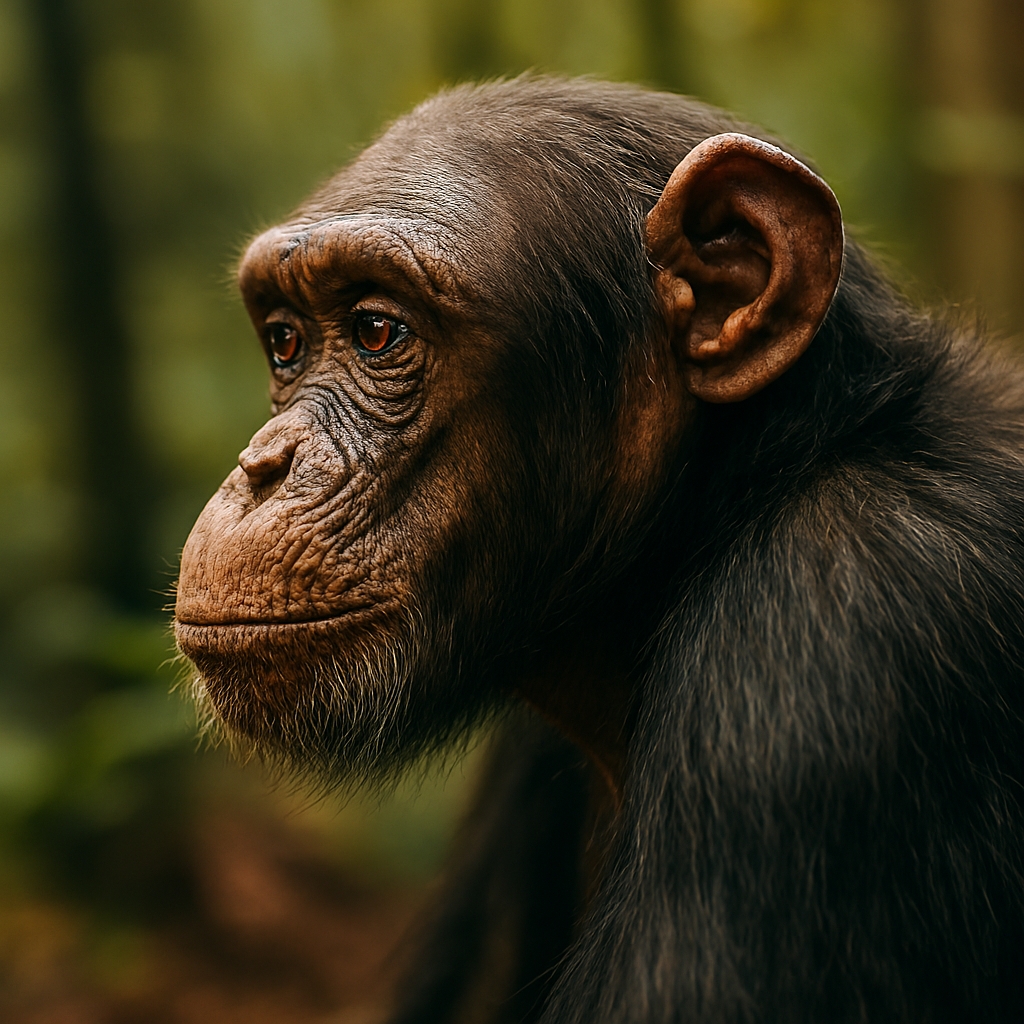



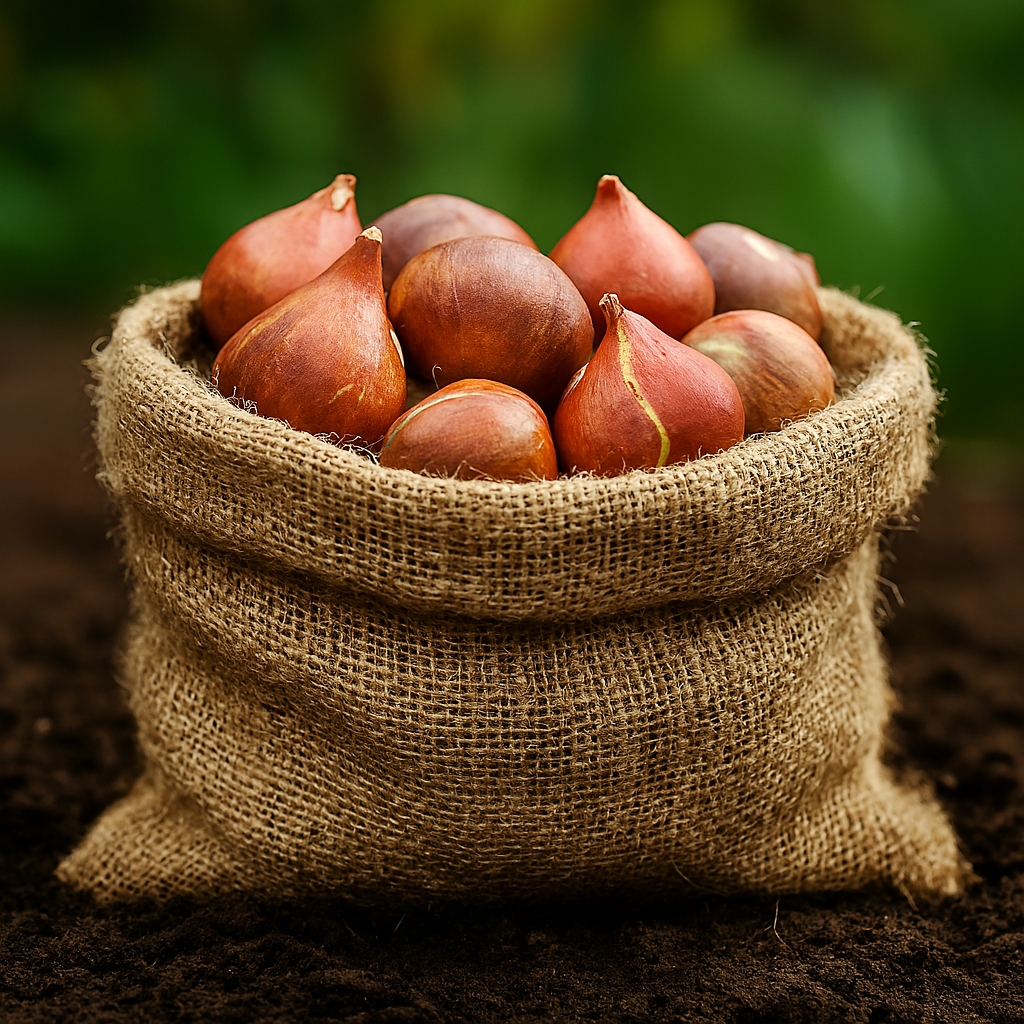
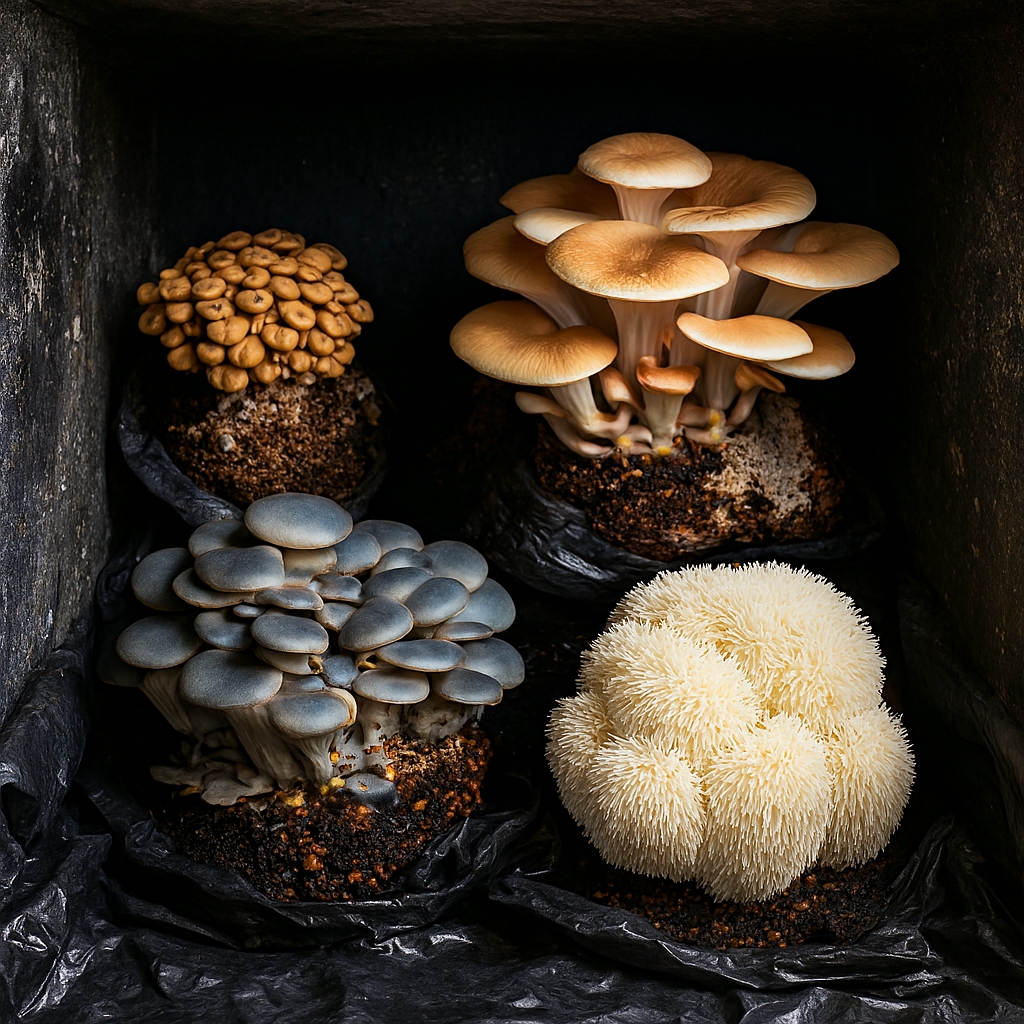



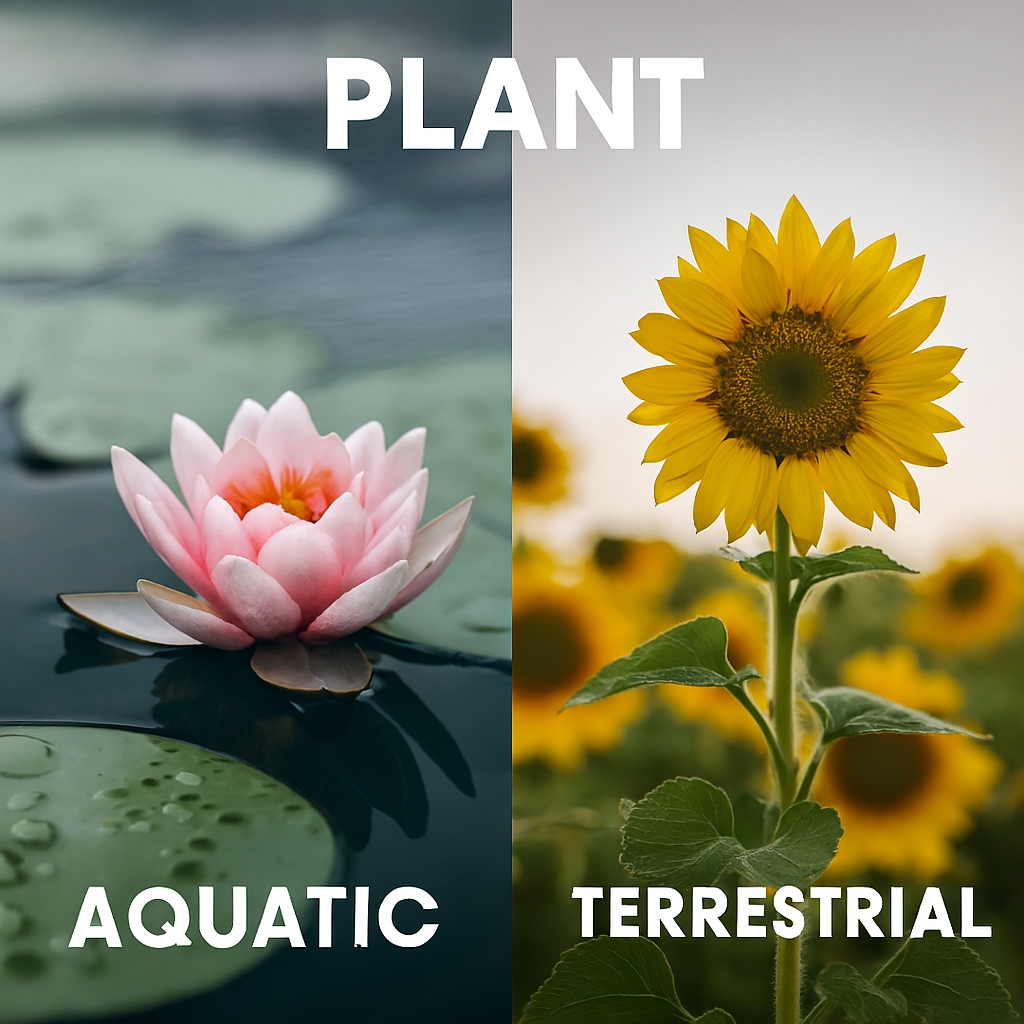
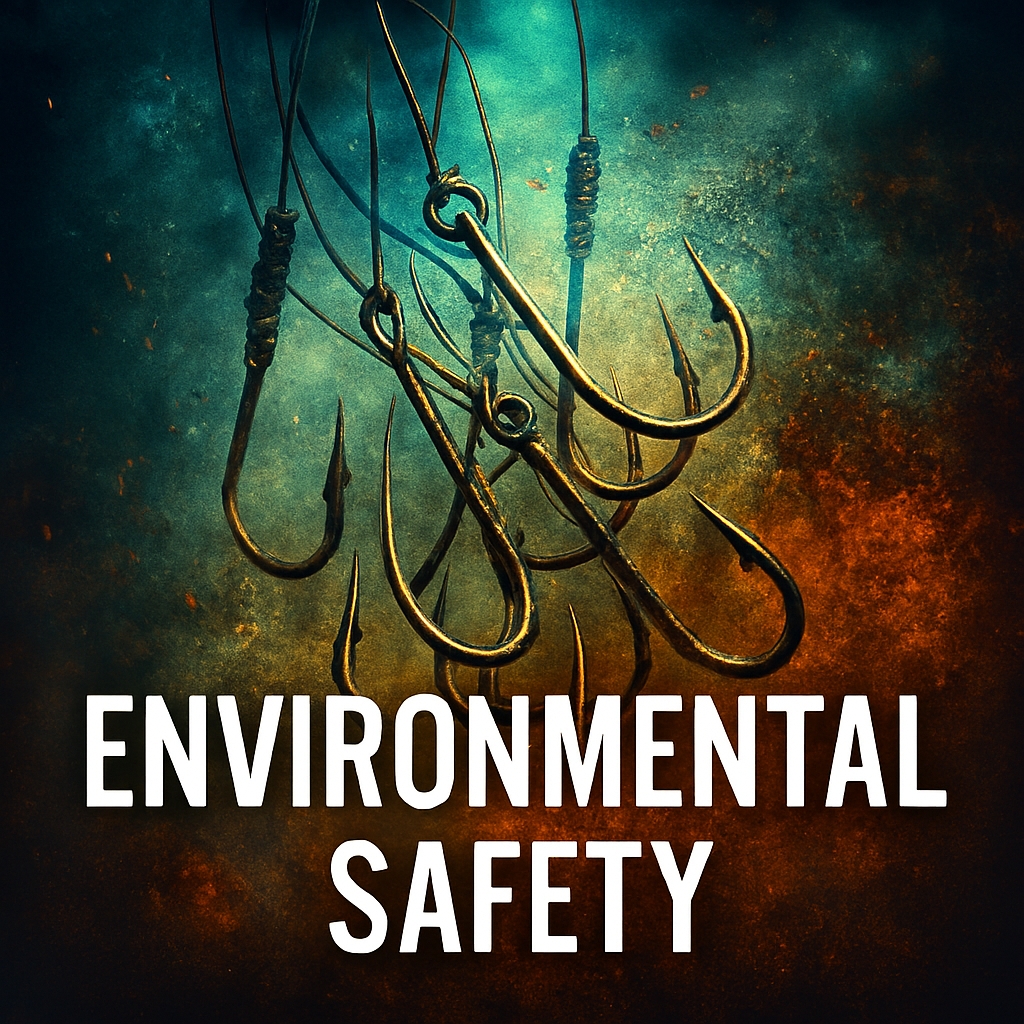
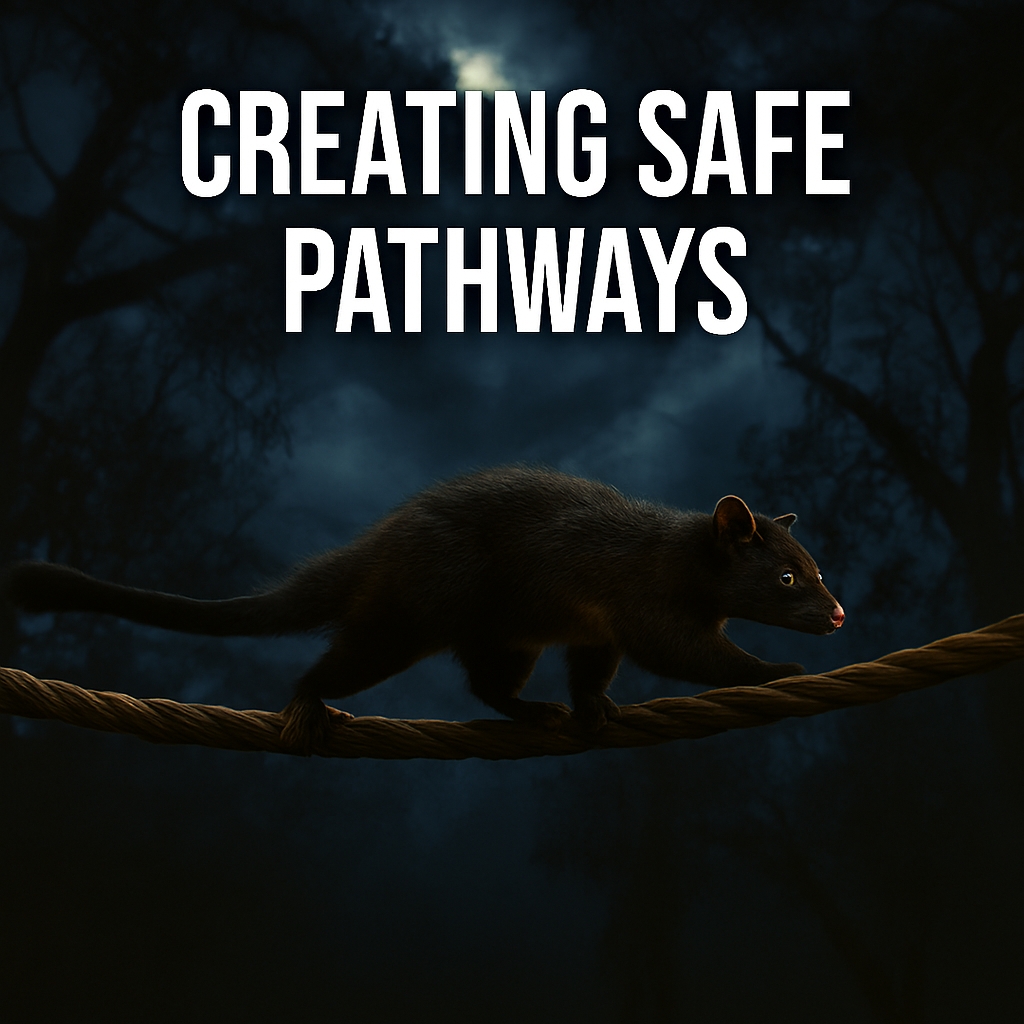
WINNING OBSESSION — FEAR OF LOSS OR IDENTITY ARMOR?
[…] common in competitive environments, but it can appear in everyday life. The more someone relies on winning to define themselves, the more they fear […]